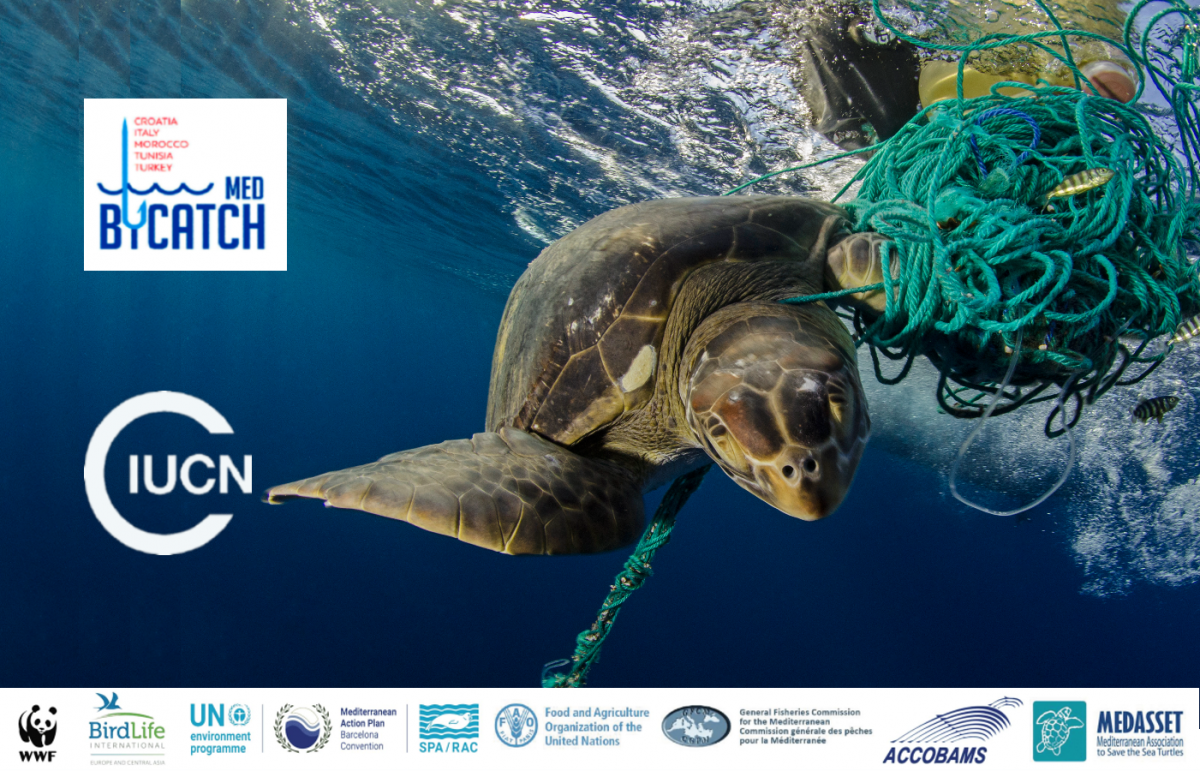Mobilizing in support of small-scale fisheries impacted by COVID-19
CEESP News: by Nathan Bennett, Chair of the IUCN CEESP Specialist Group 'People and the Oceans'
The COVID-19 pandemic has rapidly spread around the world with extensive social and economic effects for the small-scale fisheries sector and coastal communities. Much of the news is dismal for the more than 100 million people working as small-scale fishers or in post-harvest jobs.

Photo: © Cristina Mittermeier
Man sitting on dock, Yucatan, Mexico. Photo © Cristina Mittermeier
Documented negative consequences have included complete shut-downs, market disruptions, increased health risks, further marginalization, exacerbated vulnerabilities, and increased illegal fishing. Some positive outcomes have also emerged such as food sharing, the revival of local food networks, increases in local sales, collective actions to safeguard rights, collaborations between communities and governments, and reduced fishing pressure in some places.
Yet, we are concerned that the collective response thus far is insufficient to meet the scale and nature of the impacts that are being experienced by the small-scale fisheries sector. Thus, we urge governments, development organizations, NGOs, donors, the private sector, and researchers to rapidly mobilize in support of small-scale fishers and coastal fishing communities.
 Photo: Bennett, N.J.
Photo: Bennett, N.J.
Actions to support the small-scale fisheries sector during and after the COVID-19 pandemic*
Suggested responses include:
- Governments and development organizations can protect workers, safeguard supply chains, augment social and health services, provide economic relief, and prioritize re-opening small-scale fisheries.
- NGOs can aggregate insights, mobilize financial resources and personnel, support market development, advocate for SSFs, and coordinate activities.
- Donors can identify options to support, re-orient funding programs, be flexible with already allocated funds, and target funds to support SSF.
- The private sector can protect the safety of workers, strengthen social safeguards, source from SSFs, and ensure market access.
- Researchers can research social impacts, identify solutions, communicate recommendations, support advocacy, and re-orient research projects and funds.
Below see the links to a new open access paper titled “The COVID-19 pandemic, small-scale fisheries and coastal fishing communities,” as well as a policy brief. Please share with interested colleagues and help us to spread the word.
Link to open access paper: https://www.tandfonline.com/doi/full/10.1080/08920753.2020.1766937
Link to Policy Brief: Mobilizing in support of small-scale fisheries impacted by COVID-19
Brief 5-min video overview of the paper: https://www.youtube.com/watch?v=2CGMBST_S40&feature=youtu.be
*For more information, please refer to the following open access paper: Bennett, N. J., Finkbeiner, E., Ban, N. C., Belhabib, D., Jupiter, S. D., Kittinger, J. N., Mangubhai, S., Scholtens, J., Gill, D., & Christie, P. (2020). The COVID-19 pandemic, small-scale fisheries and coastal fishing communities. Coastal Management. http://dx.doi.org/10.1080/08920753.2020.1766937
Chair, People and the Oceans Specialist Group, IUCN CEESP
Institute for the Oceans and Fisheries, University of British Columbia



